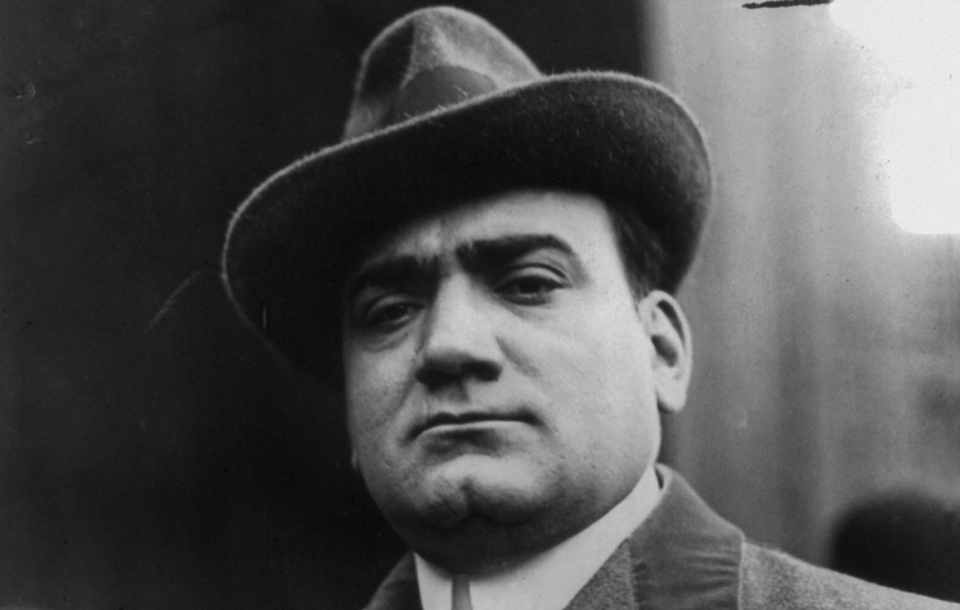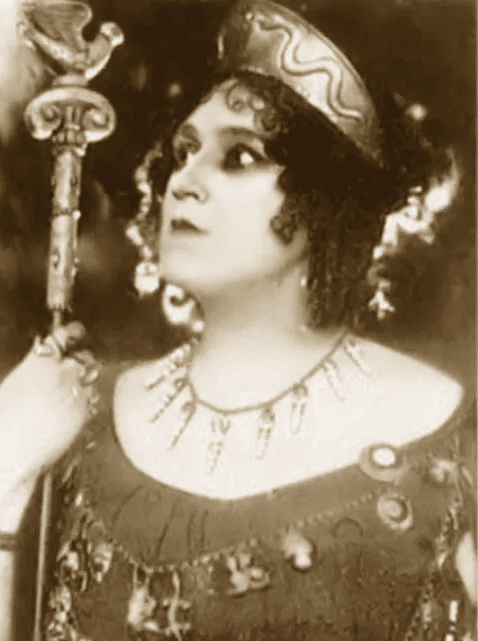Opera, as a musical genre, originated in Florence in the late 16th century. The first opera was the piece called Daphne. Despite the fact that the opera arose in Italy, prominent opera performers appeared far beyond its borders. Find out more at https://brooklynka.com.
German roots
Almost all of Margarethe Ober’s life, before her appearance on the stage, was wrapped in mystery. So, some sources claim that the future singer was born in Brooklyn into a family of German emigrants, while others say she is a native of Berlin. Anyway, in 1885, a girl was born who was destined to become a memorable opera singer. Her talent could impress both Europe and America.
Margarethe studied singing in Berlin. Most likely, references that state she was born in Berlin are closest to the truth.
The girl practiced singing with Benno Stolzenberg and Arthur Arndt. While spending a lot of time studying, Margarethe and Arthur fell in love and started a family.
The girl made her debut with the opera Troubadour by Giuseppe Verdi. Like most young singers, Margarethe started from the very bottom. Hard work and talent led her to the stage of the Berlin State Opera, which became her home for 35 years.
Major roles and New York
She got her first big role at the age of 23. Margarethe was given the part in the opera Aida. It was not just the first major role of the girl, but also her first experience working with a famous partner. Enrico Caruso sang the part of Radames. Working side by side with such an outstanding opera singer was not only prestigious but very informative as well.

1908 was a successful year for Margarethe. In addition to the work of Verdi, she played the leading part in the opera of her fellow countryman Jules Massenet, Therese.
That was not the end of Arndt-Ober’s success. Her career only flourished. So, in 1901, she was part of the troupe of the Poia opera by Arthur Nevin. Three years later, she again performed Verdi’s opera, Don Carlos. It was the first time this opera was staged in Berlin. It is highly symbolic that it was the Berlin singer who presented it to the German audience.
A unique contralto, a low female singing voice, which is known for a wide range of chest registers, allowed Margarethe to enrapture both Berlin and New York.
In 1913, Margarethe first went to America, where she made her debut at the Metropolitan Opera in New York. She brought Richard Wagner’s opera Lohengrin with her across the ocean. She masterfully transformed into Orturd.
Her triumph in America could have been as amazing as in her homeland, but everything was disrupted by the war.
Since the outbreak of the First World War, German-Americans were treated in America with the same hostility as the Germans. Ober may have been born in Brooklyn though, since the Americans of that time perceived her as German-American. Although, it did not help her.

The reputation of the opera house was paramount. After all, they depended heavily on charitable contributions and sponsors, so an actress with such a genealogy could harm them. The theater management said that they were firing the talented singer just because people hated her. Even though Margarethe herself never expressed support for the German administration of the time. She even fainted after hearing about the war.
The fight for truth and talent without borders
After being dismissed from the Metropolitan Opera, Margarethe sued the theater to get justice. It is unknown what exactly the court decided in that high-profile case. The verdict was not disclosed. But right after that, Margarethe went back to Berlin. This may suggest that the New York court sided with the theater.
Getting fired from such a renowned theater can be considered a complete failure. However, Arndt-Ober did not give up and continued to perform. Especially since she was honored and respected at home. In 1942, Ober acted in the opera Jenufa by Leos Janacek.
Practically no world premiere was held without her, The Great Sinner by Eduard Kunneke, The Singing Devil by Franz Schreker, Peer Gynt by Werner Egk and others.
America may have refused the Ober’s voice but Europe was the opposite. Margarethe performed at the Sopot International Song Festival for 20 years. Theaters of Spain, Holland and Norway always greeted her with a storm of applause. Besides performing in theaters, Margarethe made sure her voice was not forgotten and left several dozens of recordings.
